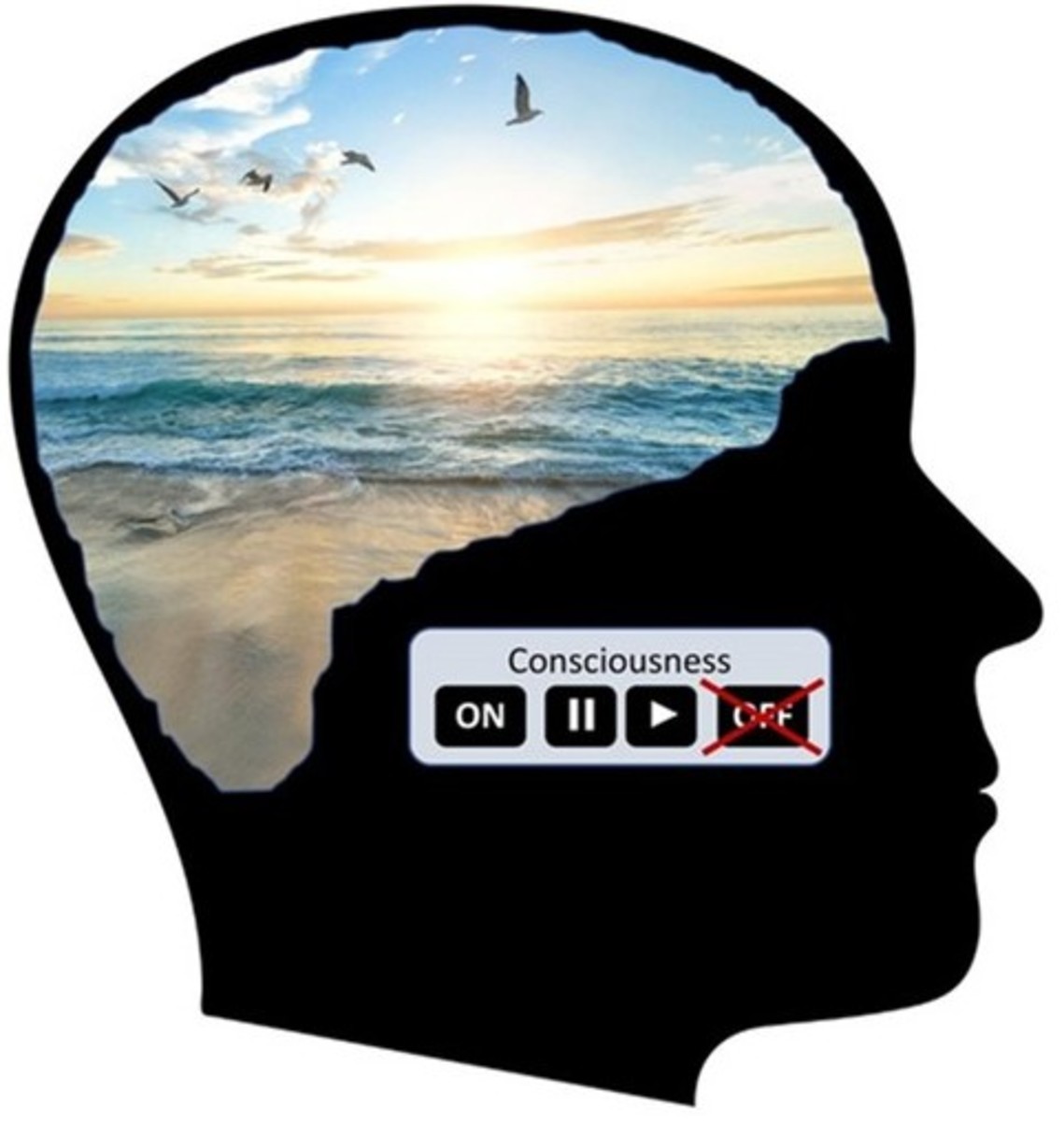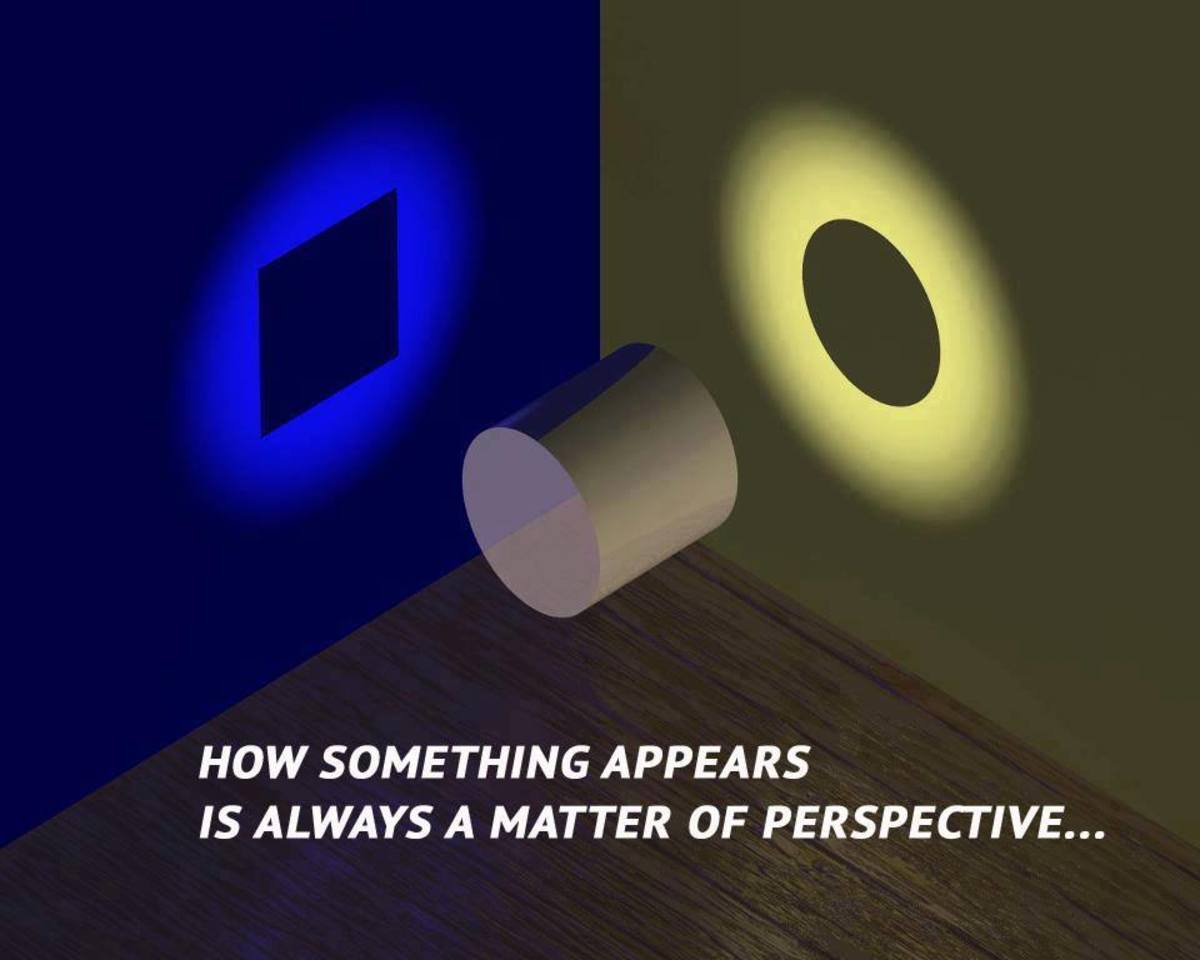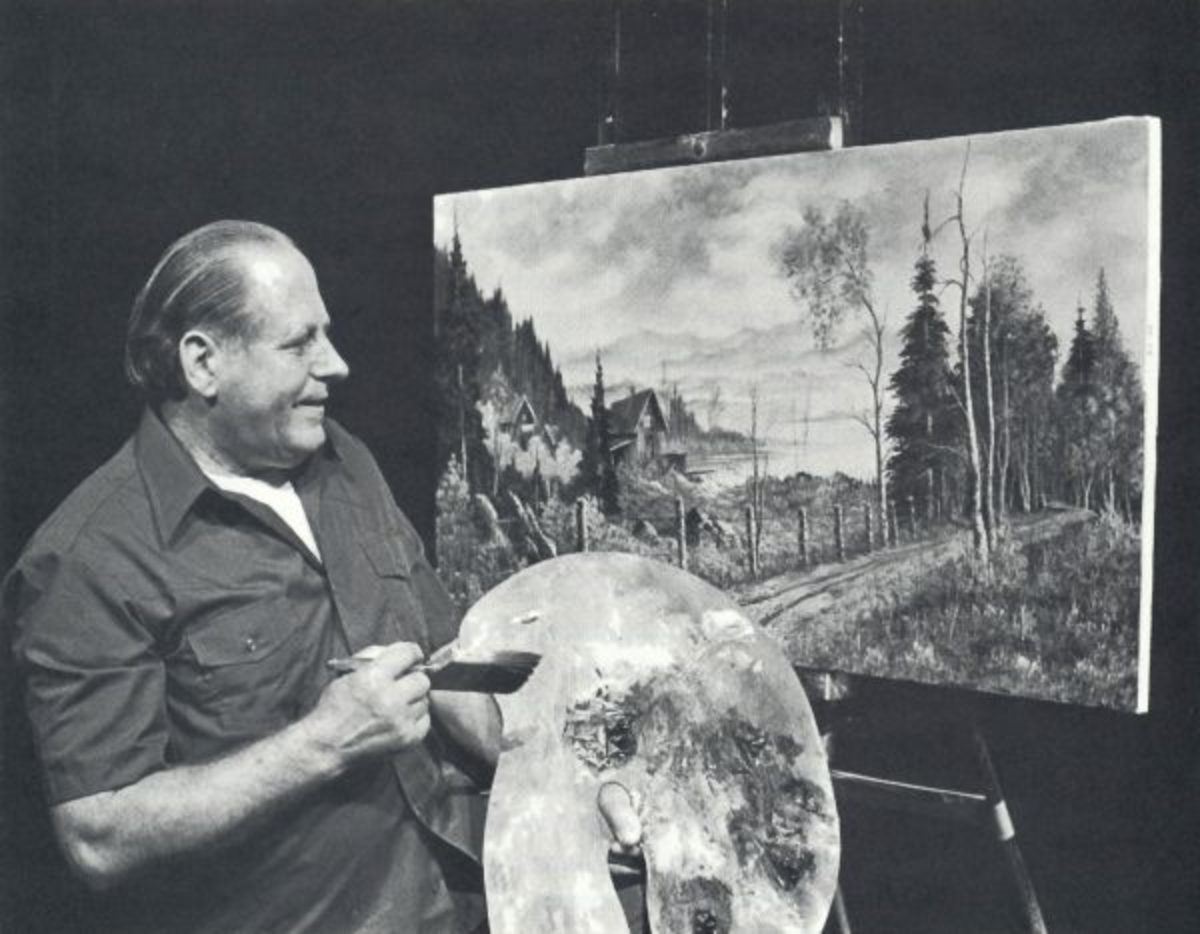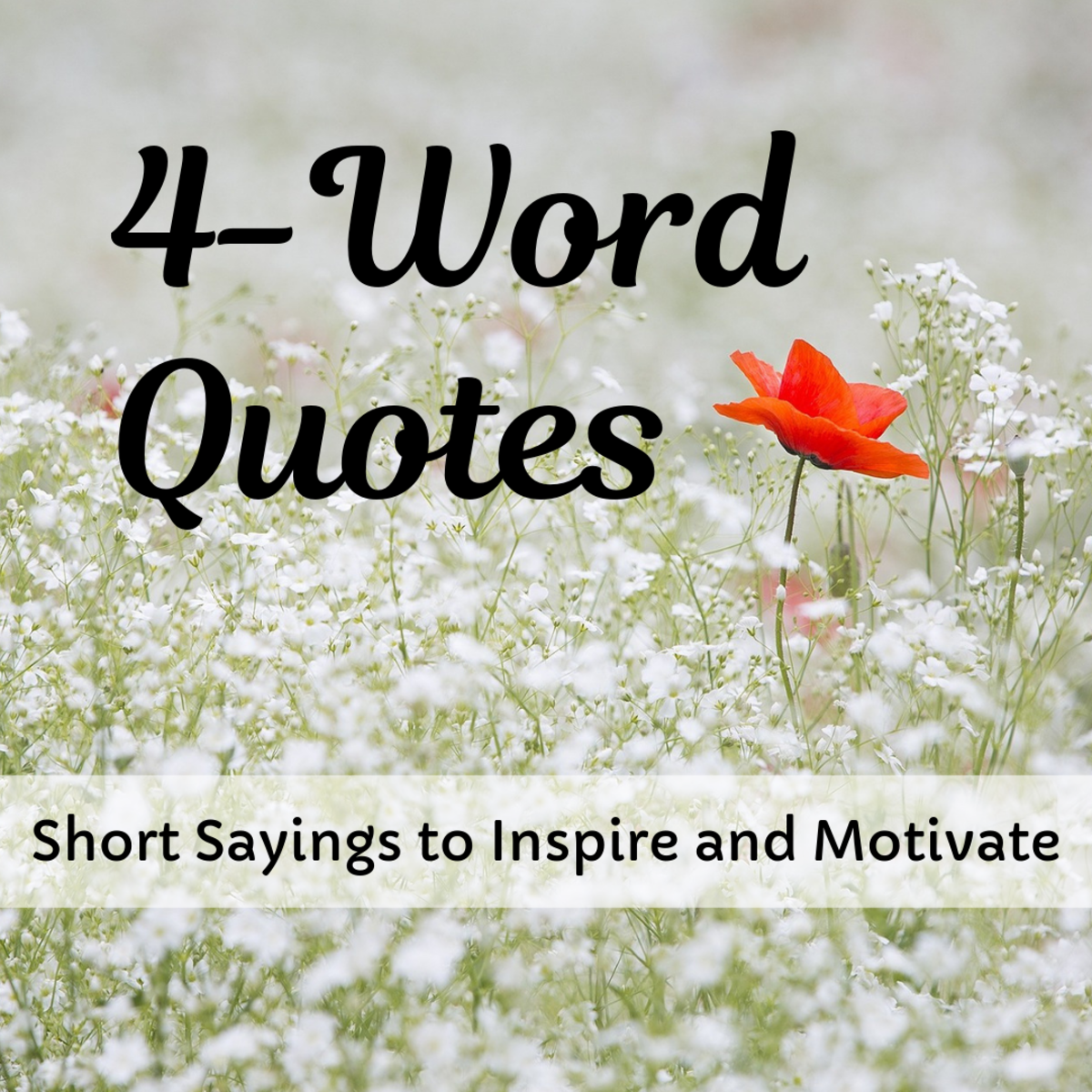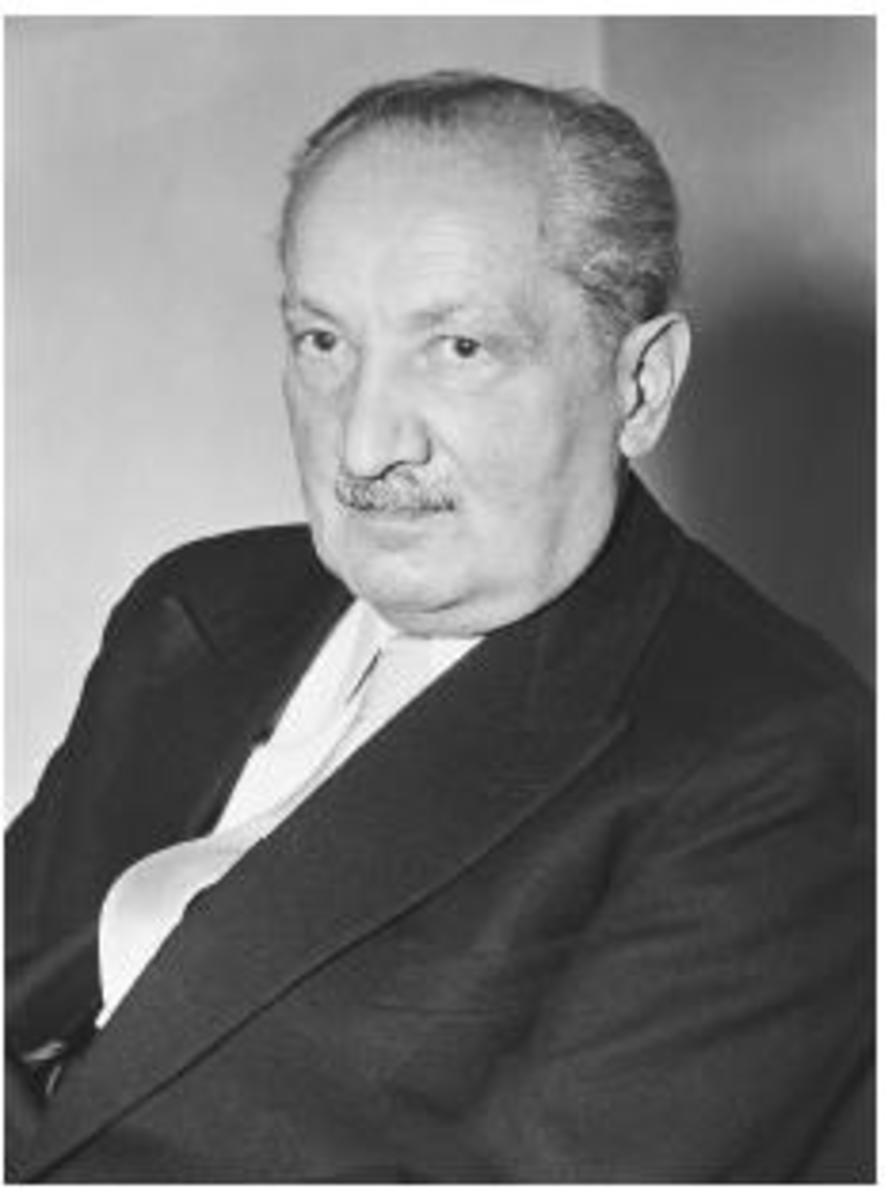Consciousness Was Created by Language

Hypothesis: Consciousness was created by language, and auto response is a precursor to rudimentary awareness.
What do I mean by that?
To talk about consciousness, we have to distinguish it from basic awareness. It’s the same thing as awareness, but it’s the highest degree of awareness we know of. Human consciousness is about deliberation and the processing of information in to complex concepts and relationships.
But we also have the subconscious. It gives us feelings about things. We like things or don’t like things. But we don’t have a choice about what we like or don’t like. We just have those feelings.
Tests have shown that the subconscious knows what you are going to do sometimes seconds before it informs consciousness. So consciousness is an observer of a sort, that doesn’t actually have direct control over what the individual does.
So what’s in charge?
Well, an easy way to understand this is through what happens in Eastern meditation. One form of meditation is the quiet mind. This is where you train yourself to shut off conscious thought. What happens when you succeed? You find yourself in an awareness without conscious thinking or deliberating. You’re living in your subconscious. You feel as if you just understand, just know.
The subconscious is very good at auto response. Auto response is so much faster then deliberation. When we start learning to ride a bike or try to add any skill, at first we have to think about everything. You have to know what happens when you apply the brakes. You need to learn to balance yourself, how to breath, how to move, how to navigate, etc.
The more you practice the less you need to think about everything. And when you’re a pro, thinking too much may make you second guess yourself, and you might fall off again.
So what has happened is, you’ve educated the subconscious, and the skill has become automatic. It’s now part of you like your arms and legs. Conscious thought can now concentrate on quality control, and figuring out what’s for supper, or what you’re going to do when you get to where you’re going, or anything else.
Now, obviously, if your subconscious can spot and make you catch a stray ball before it hits your face and before you fully understood what was happening, then the subconscious is not unconscious. In fact, it’s highly aware. I’ve heard people like Sam Harris say it’s like there are two consciousnesses in us.
But I’m pretty sure it’s all just aspects of one, made up of many layers.
Now, what is the common element of what we call consciousness? How do we think? In what form?
We think in language. Language allows us to create concepts, and have them represented by single words. Every word has a meaning. The word: is., or, and. Each word is concept. The word religion is a complex series of concepts all in one word.
We have an inner dialogue going on all the time. That’s how we communicate with others, but more importantly, how we explain things, and our emotions, to ourselves.
Imagine trying to think about complex concepts without language? In other words, from the subconscious. Suddenly, deliberation becomes a lot harder, and in fact, almost impossible to form complex concepts.
So my hypothesis is: As the human propensity for and desire for communication evolved, from our subconscious brain slowly emerged the conscious layer that uses complex concepts and helps educate the subconscious layers, and alters our emotions and auto responses.
I also think awareness and self awareness can be explained as an emergent property of specific conditions. A memory, a set of imperfect set of senses, all give us a real sense of isolation and individuality. But what really clenches it, is needs. We feel pain, so have to react to resolve the need, and feel better. We feel hunger, lust, love, anger, joy, frustration etc.
All of these are a way the brain/body tells us of a need that demands to be resolved, and then whether we have resolved the need or not. Deliberation and understanding can in certain circumstances alter our emotions about an issue, resolving some emotions about an issue permanently.
This is the same basic patterns we see in the atoms that create us. Each atom tends toward it’s lowest energy level. Usually being it’s closest inert gas. But due to interaction with other types of atoms, it has to achieve its lowest energy levels by merging, reacting, and finally reaching a new equilibrium.
This is a need the atom has, and how it resolves it. I’m not saying an atom feels need. I’m just pointing out it seems to be the same pattern bottom up. And why wouldn’t it be, since we’re made of atoms?
We don’t always live in the conscious. In fact, we spend a great deal of our lives in the subconscious on automatic, with a switch to conscious deliberation when needed, and when there’s time for it. Do we notice that shift? No. We think of it as if the subconscious is isolated from the conscious, but that’s not actually what we experience. We experience a mix of both all the time, and in meditation we can block the conscious out. But we can’t block out the subconscious leaving only the conscience.
The conscious word using part of us seems to hold the biggest sense of self and self image. But the subconscious instinctive side has a very real sense of self as well. Things happen to this system, and the system is forced to react or suffer and ultimately die.
Now, single cells don’t have brains as such. But they have to act and react in order to survive. Brains developed as a central command for a system of cells. Each cell is part of the all, with it’s own way to communicate with other cells and its own life cycle.
The brain’s prime function is to keep the system of cells alive at all costs. Ours have developed to the point where, like a bad government, the brain thinks the body is just a way to keep it alive. Hence why it created gods and souls etc.
But we are individual systems. That’s not an illusion. I am. You exist. Consciousness is a more complex form of awareness. Something even single cells have to have, even in the most basic form, to survive. Something that probably arises from the behaviour of the atoms auto response. So I’m hypothesising that: auto response is a precursor to rudimentary awareness, and consciousness, as we define it, is a product of complex language.
What’s in charge? The entire system is you. You’re in charge. But not just the conscious part of you, the whole thing.
I look forward to seeing this model tested.


